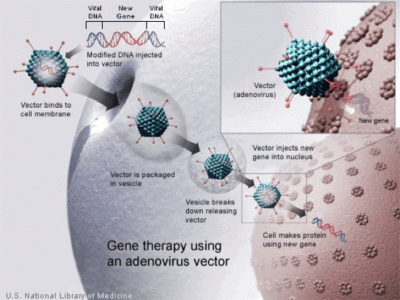Gene Therapy Trial for Choroideremia
In a clinical research study headed by Dr. David Birch, scientists in the Rose-Silverthorne Retinal Degenerations Lab are testing the efficacy of gene therapy in patients with choroideremia. This late stage trial is based on early Phase 1 studies where over 90% of treated patients maintained or improved their vision over a one-year follow-up period. Patients are randomized into one of three study arms: high-dose gene delivery in one eye, low-dose gene delivery in one eye, or no treatment. Patients visit the Retina Foundation frequently following treatment. The goal is to determine how many patients in each group experience a significant improvement in visual acuity, which group shows the best preservation of visual field, and which group has the best preservation of structural integrity.
Without treatment, choroideremia is a relentless x-linked genetic retinal disorder affecting males. Patients typically have night blindness as children, progressive constriction of the visual fields in early adulthood, and total blindness thereafter.

Related Articles
Recently@Retina Newsletter March 2023 Retina Foundation is Major Center for Next Phase of Gene Therapy for X-Linked Retinitis Pigmentosa: SKYLINE Choroideremia Research Is Necessary to Help Prevent Blindness at an Early Age Who Are The Brothers In Toyota’s Super Bowl 2022 Commercial? Retina Foundation Launches Cutting-Edge Artificial Intelligence Project